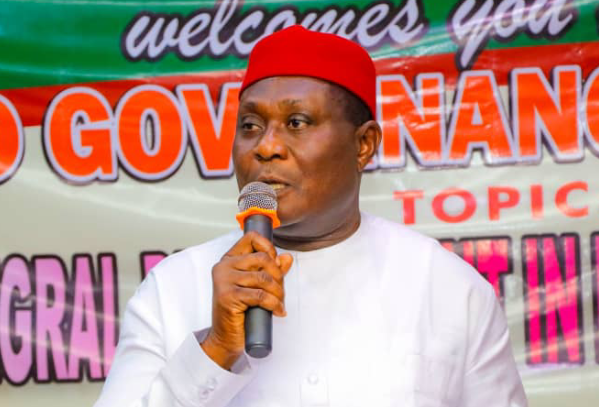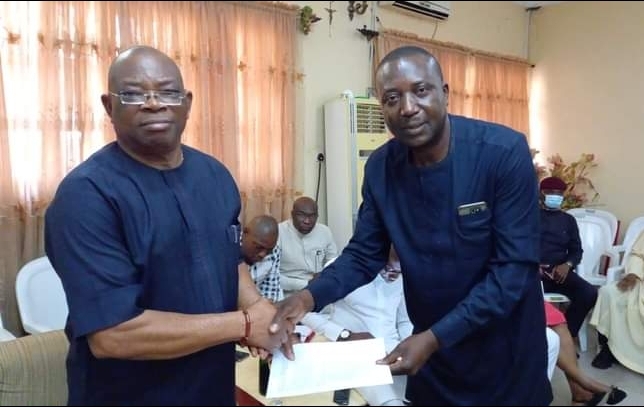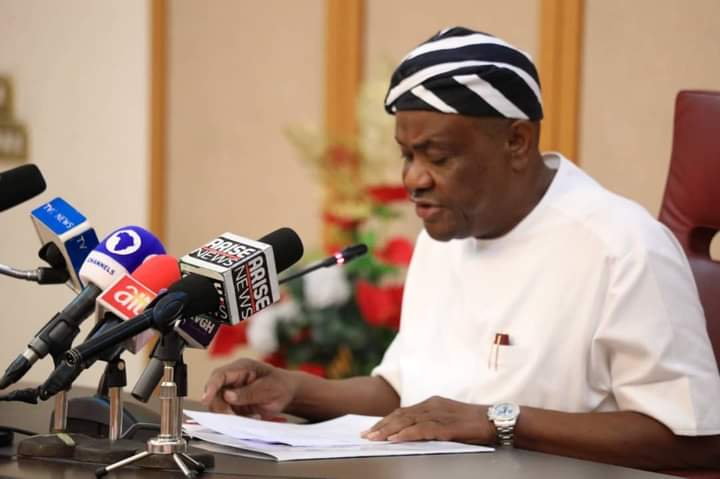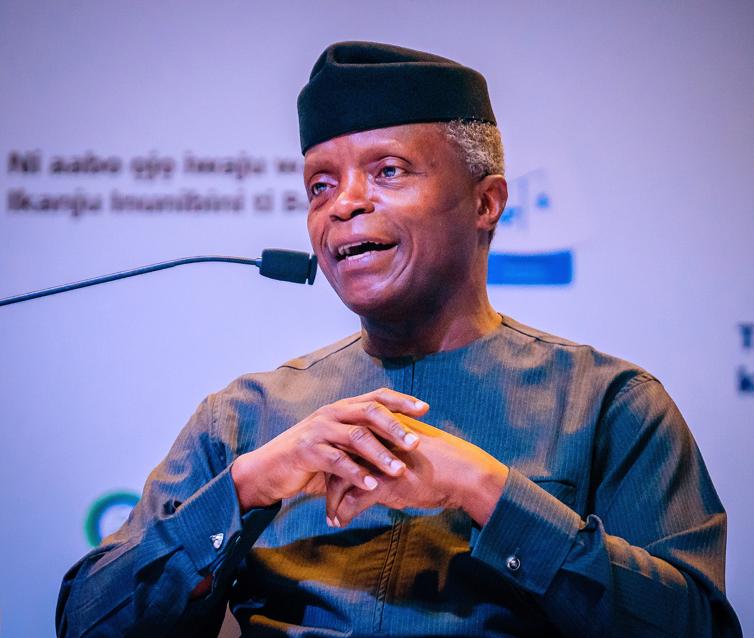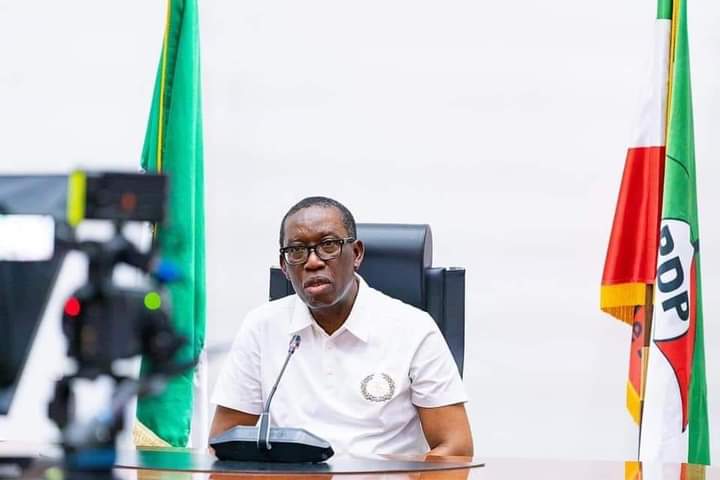Delta Central 2023 (DC-23) has said the job of the screening committee set up to prune down governorship aspirants from Delta Central Senatorial District for the People’s Democratic Party (PDP) is done.
Assistant National Publicity Secretary of the lobby group, Rt. Hon. Chief Sunday Apah made this known in a post circulating on Facebook on Saturday, stressing that the committee was through with its job since January.
As the race for the 2023 governorship election in Delta State heats up, DC-23 had set up the screening committee to prune down the number of aspirants from Delta Central for the PDP to 3 aspirants.
Apah stressed that the screening committee would give its final report any moment from now, while pleading with aspirants who did not make the final list of the lobby group to accept the committee’s report and recommendation in good faith.
According to him, “only one person will be governor of the state at a time”, adding that the idea of pruning down aspirants was as a result of advice given by leaders and stakeholders of the party across the State.
Apah’s Facebook post titled: Why DC-23 Embarked On Prunning Down of Aspirants reads below:
When the Delta Central 2023 lobby group was inaugurated on May 21, 2021 at PTI Conference Centre, Effurun in Uvwie Local Government Area of Delta State, its mandate was to work for the actualisation of a Delta Central governor in 2023.
It also aims at supporting Governor Ifeanyi Okowa to finish strong, promote inter-senatorial peace, love and unity in the state and create the enabling environment for succession to the governorship seat in 2023.
It was in line with the above objectives and other positive ones that the Delta Central 2023 lobby group embarked on visitation of ethnic groups, Local Government areas, political classes and stakeholders across the state.
During the visits, former Governor Emmanuel Ewetan Uduaghan commended DC-23 for the bold steps and advised them against the use of rabble-rousing statements and prune down the number of aspirants jostling for the governorship seat from Delta Central to one.
On his part, the state governor, Senator Dr. Ifeanyi Okowa, on Saturday 23rd October, 2021, during a ‘Mega Rally’, organised by the leadership of the PDP in the state to receive returnees and decampees at the Sapele Stadium also gave similar advice.
He urged the people of Delta Central Senatorial District to put their house in order and remain united as “anybody contesting political office must put his house in order. I have spoken and I hope you have heard me.”
It was same advice when the DC-23 paid a consultative visit to leaders and stakeholders of Aniocha South Local Government Area of the state.
The leaders and stakeholders of Aniocha South through former Minister of Agriculture and Defence, Chief (Dr.) Chris Agbobu, advised the people of Delta Central Senatorial District to discipline themselves by pruning down the number of governorship aspirants from the district.
The case was not different at Oshimili North Local Government Area when DC-23 paid them consultative visit at Akwukwu-Igbo, and the Commissioner for Lands and Survey, Kate Onianwa Esq, said “the problem of Delta Central Senatorial District as it relates to the governorship is not rotation or zoning, but everyone in Urhobo wants to be governor at the same time.”
She urged leaders of DC-23 to go back home and prune down the number of aspirants, jostling for the governorship seat from the district, warning that if not addressed, it may threaten their chances of producing the governor in 2023.
At Ndokwa West Local Government Area, their leader, Senator Patrick Osakwe, told the DC-23 team that went for the consultative visit that they would work with any aspirant presented to them by the people of Delta Central.
Recently, leaders and stakeholders of Isoko South Local Government Area also advised the people of Delta Central Senatorial District, through the local government area chairman of the party, Chief Godspower Obaro, when the DC-23 paid them consultative visit at Oleh, to unite the political class in the district and prune down the number of aspirants for easy primaries of the PDP.
It was all these pieces of advice that made the DC-23 to setup a 13-man committee on October 25, 2021 to prune down the number of aspirants jostling for the governorship seat from the district.
The committee had Prof. Nyerhovwo Tonukari as Chairman; Prof. Sunny Awhefeada, Secretary; Arthur Akpowowo Esq, Assistant Secretary, while Dr. Godfrey Enita, Edewor Omonemu Esq, Andy Osawota Esq, Anthony Akpomiemie Esq,Very Revd. Fr. Christopher Ekabor, Dcn. Raymond Edijala, Hon. Felix Anirah, Chief Dr. Mrs Augustina Erah, Mrs. Rarute Mgbeke and Mrs. Florence Jakpovi were members.
The committee was saddled with the responsibilities to carefully examine all the aspirants from Central who included Chief Abel Esievo, Olorogun Kenneth Gbagi, Olorogun David Edevbie, Chief Ejaife Odebala, Chief James Augoye, Senator Emmanuel Aguariavwodo, Chief Kenneth Okpara, Chief Fred Majemite, Hon. Efe Ofobruku, Chief Bright Edejegwhro, Rt. Hon. Sheriff Oborevwori and Rt. Hon. Festus Ovie Agas, with a view to pruning them down to five at the first time, later three and finally one before the primary election.
The terms of reference of the committee were to identify the aspirants and others that may express interest within the period of screening, look at the PDP guidelines and the Nigeria constitution for qualification of the person for the office of the governor of the state, interact with such aspirant(s) and carefully examine each of them if he had what it took to be governor of the state, draw, set, develop their own criteria, strategy, modus of operandi in carrying out the committee work, hear and take evidences directly or indirectly from aspirants and other sources (stakeholders) within and outside Delta Central for the purpose of evaluating each and every one of the aspirants.
The committee was also given the mandate to evaluate medical fitness, financial capability, suitability, capability, acceptability and other recommendations based on evidences gathered from all over the state and country for the interest of the people of Delta Central and Delta State with equity, fairness and justice as the guiding principle.
The committee was given six weeks to submit its report, during the screening process, the aspirants were directed by the committee to meet and discuss under the aegis of Forum of Delta Central Governorship Aspirants on ways to possibly cut down the governorship aspirants.
In a communique released at the end of their meeting hosted by Olorogun David Edevbie, they commended the leadership of DC-23 for spearheading the Urhobo Governorship agenda and ensuring that it has gained prominence and acceptance in Delta state.
They also commended the DC-23 screening committee for urging a rancour free relationship between aspirants towards ensuring the actualization of an Urhobo Governorship Agenda.
The aspirants therefore agree to pursue unity and friendliness and undertake to SUPPORT ANY DECISION REACHED by the DC-23 screening committee.
So in synopsis, the committee carried out its duties assigned to them accordingly and they submitted their report with Senator Emmanuel Aguariavwodo, Chief James Augoye, Chief David Edevbie, Chief Kenneth Gbagi and Rt. Hon. Chief Sheriff Oborevwori making the list of 5.
The National Chairman of DC-23, Chief Senator Ighoyota Amori, had commended the committee for a job well done
He urged them to further prune the number to three as encapsulated in the committee terms of reference, and it had up to the end of January 2022 to submit its final report.
From the above analysis, the Delta Central 2023 lobby group’s idea of pruning down of aspirants was as a result of advice given by leaders and stakeholders of the party across the state.
It is on this note that the DC-23 plead with those who didn’t make the list of five and those that may not make it to three to accept the committee’s report and recommendation in good faith, as only one person will be governor of the state at a time.
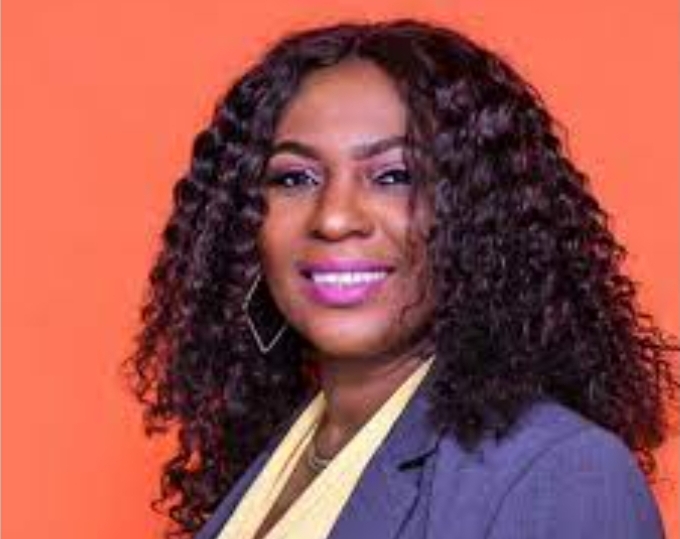
![2023 zoning and aspirants’ pairing permutations [1] – By Ehichioya Ezomon](https://thenewsguru.ng/wp-content/uploads/2021/03/images-2.jpeg)
